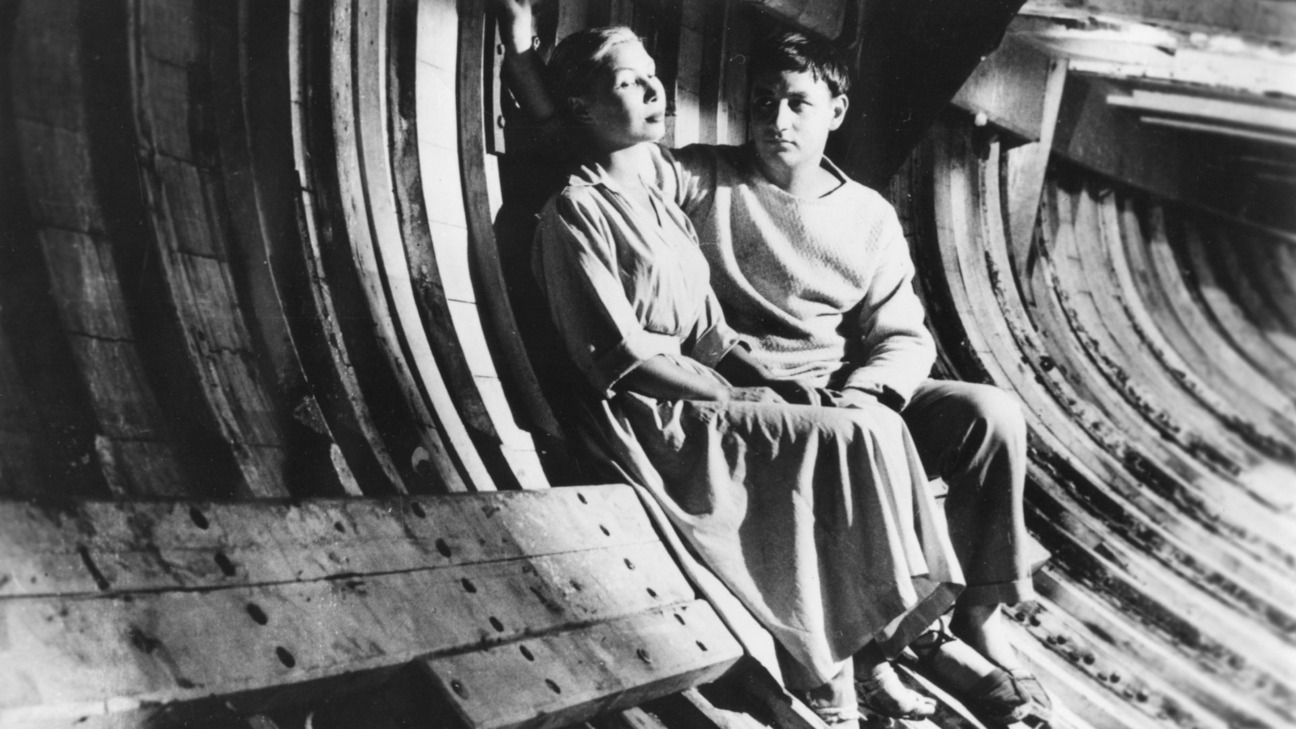The Cinema Batalha in Porto was a landmark in the city’s film culture and played an influential role in shaping the cinephilia of generations of residents from its opening in 1947 through to its closure in 2003. The Batalha Film Center, which opened in December, occupies the same modernist building designed by Artur Andrade and responds to the rise of new, expanded approaches to cinema. Its inaugural program consisted of a complete retrospective of films by Claire Denis; “Politics of Sci-Fi,” a screening program curated by artistic director Guilherme Blanc and chief programmer Ana David; Premium Connect (2017), a video installation by French-Guyanese artist Tabita Rezaire that draws on a scene from The Matrix (1999); and a number of special events and discussions.
“Politics of Sci-Fi” explored the interrelation between the genre and politics, presenting a diverse range of international films across seven conceptual chapters. Sci-fi films, as this program makes clear, do not only predict but also shape political futures; in turn, the political contexts in which such films are made can influence their production. Among the works shown was The War Game (1966), Peter Watkins’s anti-war mockumentary originally made for the BBC and suppressed in the UK for decades—its representation of a nuclear war in Europe was deemed “too horrifying” for broadcast.1 Konstantin Lopushansky’s 1986 Soviet feature Letters from a Dead Man, set in the aftermath of an imaginary nuclear war in which survivors are forced to live underground, offers a contrasting vision of Armageddon from the other side of the Iron Curtain. Other critical and challenging works, meanwhile, broadened the typical scope of the dystopian genre. Among these was Born in Flames (1983) by Lizzie Borden, an experimental story of a feminist uprising in a post-revolutionary America, and Jorge Jácome’s Flores (2017), a sci-fi short that interweaves documented reality with poetic and queer imagination.
The program opened with a screening of Agnieszka Polska’s short The New Sun (2017). Polska’s existentially charged animation features a talking sun which, through its anthropomorphized expressions, seeks emotional connection with the viewer—a fitting start to the program as a whole. Shown immediately after was The Day the Earth Stood Still (1951), the Cold War classic directed by Robert Wise. An extraterrestrial named Klaatu and his robot Gort land in Washington DC to deliver a message of peace and a warning about the risks of nuclear weapons, only for Klaatu to be shot and wounded by a soldier. Although portrayed from a naive perspective, the film’s theme—the necessity of unity and solidarity to save the planet from humankind’s self-destructive impulses—resonated with the Portuguese audience and led to enthusiastic post-screening debates. Launching the Batalha Film Center with a program addressed to the future felt apt in the climate of ongoing crises and deep uncertainty.
The inaugural night culminated with a DJ set by Juliana Huxtable, which both set the tone for the following week and demonstrated that the Batalha Film Center is as keen on fostering community as screening films. The building consists of two cinemas, a gallery space for film installations, a library, and a video cinematheque, and will host educational events and screening programs dedicated to topical social and political issues.
As Erika Balsom has observed, the traditional opposition between movie–theater cinema and artists’ film and video has been breaking down since the early 2000s. Technological advancements mean the production of moving-image work is more accessible than ever before, while a growing interest in film among art institutions has made the divisions between video art, experimental film, and movie-theater cinema increasingly fluid and productively unclear.2 This has given rise to new approaches to the presentation of moving images. Venues including e-flux Screening Room in New York (which I help to run) do not fit into the traditional categories of gallery, movie theater, or film festival, and instead think of film culture as a network of contextually informed practices rather than solely the product of institutional affiliation or market demand.
The inaugural and upcoming programs at the Batalha Film Center react to this situation by showcasing cinema productions, artists’ films, video installations, and everything in between. By placing less emphasis on the material format of works and/or their institutional and economic histories, this approach calls for political and aesthetic dialogue between all forms of moving-image art in order to reflect an expanded cinema. While the pandemic-exacerbated ascent of streaming platforms created new grounds for hybrid programming, the Batalha Film Center is among a new and vital network of physical screening venues committed to the open yet discursive presentation of works from across the fields of art and cinema.
“Parliamentary question asked in the House of Commons by William Hamilton MP about the TV film ‘The War Game’,” The National Archives (December 1965), https://www.nationalarchives.gov.uk/education/resources/sixties-britain/bbc-film-censored/.
Erika Balsom, After Uniqueness. A History of Film and Video Art in Circulation (New York: Columbia University Press, 2017), 15–17.
















